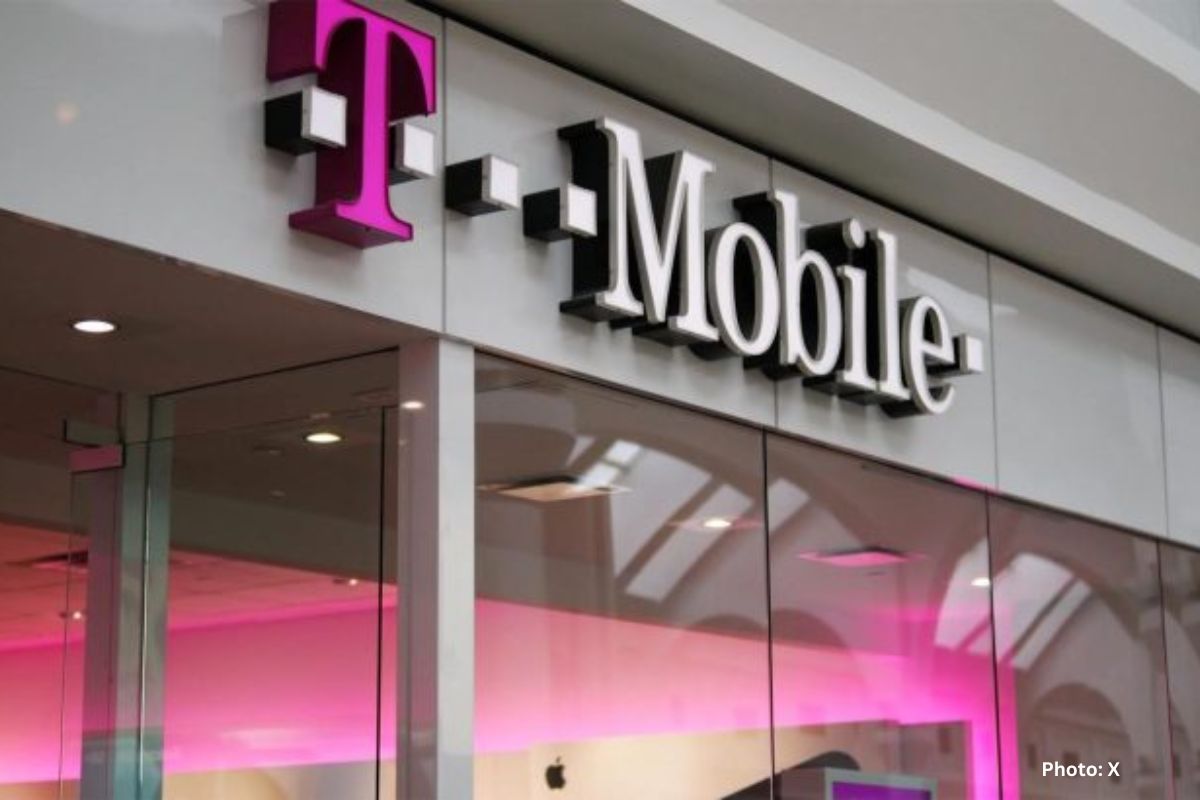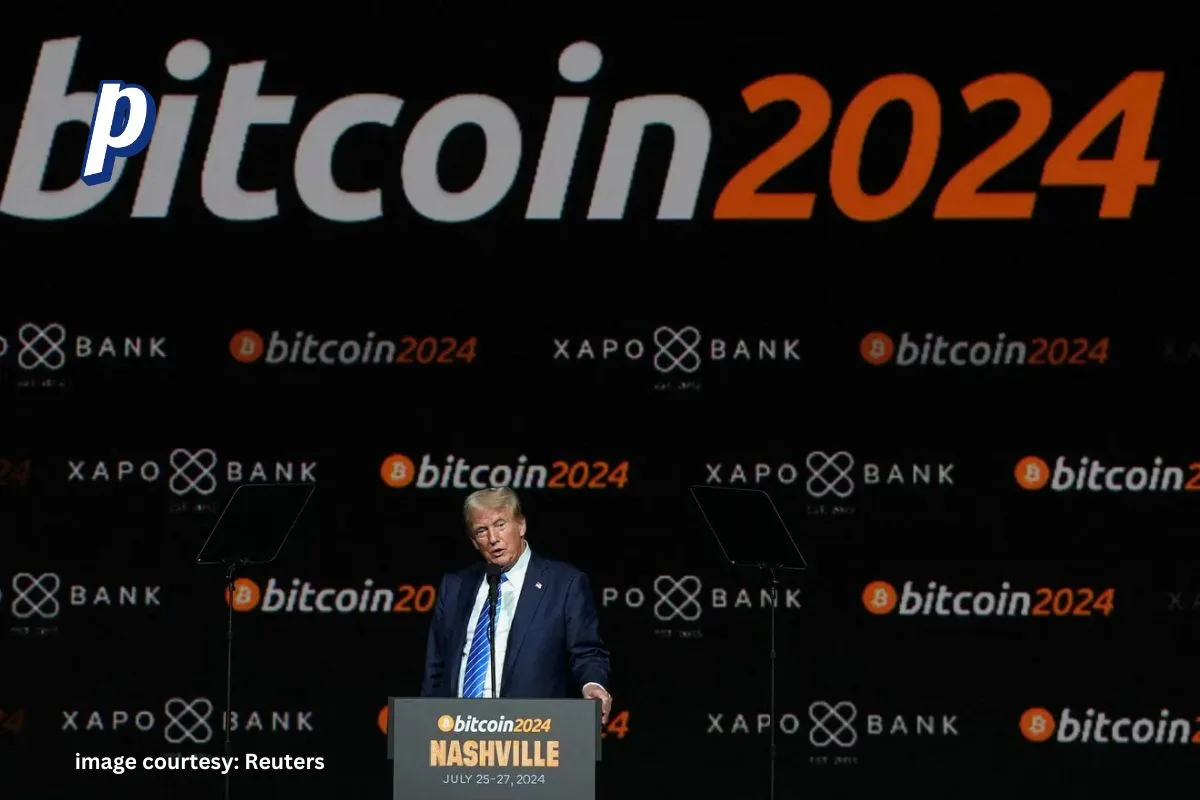A newly filed class action lawsuit against T-Mobile accuses the company of misleading customers by disguising a hidden fee as a government-mandated charge. The complaint, filed in California federal court on October 29, 2024, claims T-Mobile’s Regulatory Programs and Telco Recovery Fee (RPTR) has been deceptively charged to consumers for nearly two decades.
What Is the Lawsuit About?
The lawsuit alleges that T-Mobile misrepresents the RPTR fee as a government-required charge. According to the complaint, the Subscriber Agreement does not fully disclose key details about the fee, including:
- Fee Introduction: The RPTR fee, introduced in 2004, is not clearly mentioned in the agreement.
- Fee Details: The agreement fails to specify how much the fee costs, when it’s applied, or that it’s charged per line.
- Current Charge: Over the years, the RPTR fee has been raised to $3.49 per line monthly.
The lawsuit contends that the fee is deceptively placed under the “Government Taxes and Fees” section on bills, misleading customers into thinking it is a federally mandated charge. Instead, the complaint argues, the fee is designed purely to boost T-Mobile’s revenue.
The Allegations in Detail
The plaintiffs argue that T-Mobile’s explanation of the RPTR fee is misleading. The company claims the fee helps fund compliance with government programs and mandates. However, the lawsuit calls this justification “unfair and deceptive” because:
- Arbitrary Pricing: The $3.49 fee lacks a specific benchmark for calculation and can be changed at T-Mobile’s discretion.
- Hidden Nature: Customers only discover the fee when they review their bill after signing up for service.
- Consumer Misrepresentation: The RPTR fee allows T-Mobile to effectively raise rates without publicly announcing price increases.
According to the lawsuit, T-Mobile has misled consumers for nearly 20 years, potentially impacting millions of customers.
How T-Mobile Defends the Fee
On its website, T-Mobile clarifies that the Regulatory Programs and Telco Recovery Fee is “not a government tax or imposed by the government.” Instead, the company describes it as a fee used to recover costs already incurred to comply with regulatory programs.
However, this explanation hasn’t quelled criticism. The lawsuit argues that such vague justifications further highlight the lack of transparency in how the fee is calculated or applied.
What Does This Mean for Consumers?
The lawsuit sheds light on the importance of transparency in wireless service agreements. Here’s what you need to know:
- Check Your Bills: Review your monthly wireless bill to understand what fees are being charged.
- Research Fees: Be aware that fees like the RPTR are not government-mandated but may be presented in ways that imply otherwise.
- Stay Informed: Look for updates on the lawsuit to understand its potential implications for T-Mobile customers.
Why This Lawsuit Matters
The allegations against T-Mobile highlight growing concerns over hidden fees in wireless plans. As the complaint states, “Consumers have been duped into paying these hidden charges for two decades.” If successful, the lawsuit could lead to significant changes in how wireless carriers disclose fees.
T-Mobile’s Response to the Lawsuit
T-Mobile has yet to provide a detailed response to the allegations. A company representative declined to comment on the ongoing litigation, saying T-Mobile had “nothing to add.”
For years, hidden fees have been a common grievance among wireless customers. This lawsuit may pave the way for greater transparency in the industry, encouraging companies to be upfront about their pricing and charges. Whether you’re a T-Mobile customer or not, this case serves as a reminder to always scrutinize the fine print when signing up for a service.
Stay tuned for updates as this story develops.
Was this article helpful? Share your thoughts in the comments below! Don’t forget to review your wireless plan for hidden fees and subscribe to our newsletter for more updates on consumer rights and tech news.









